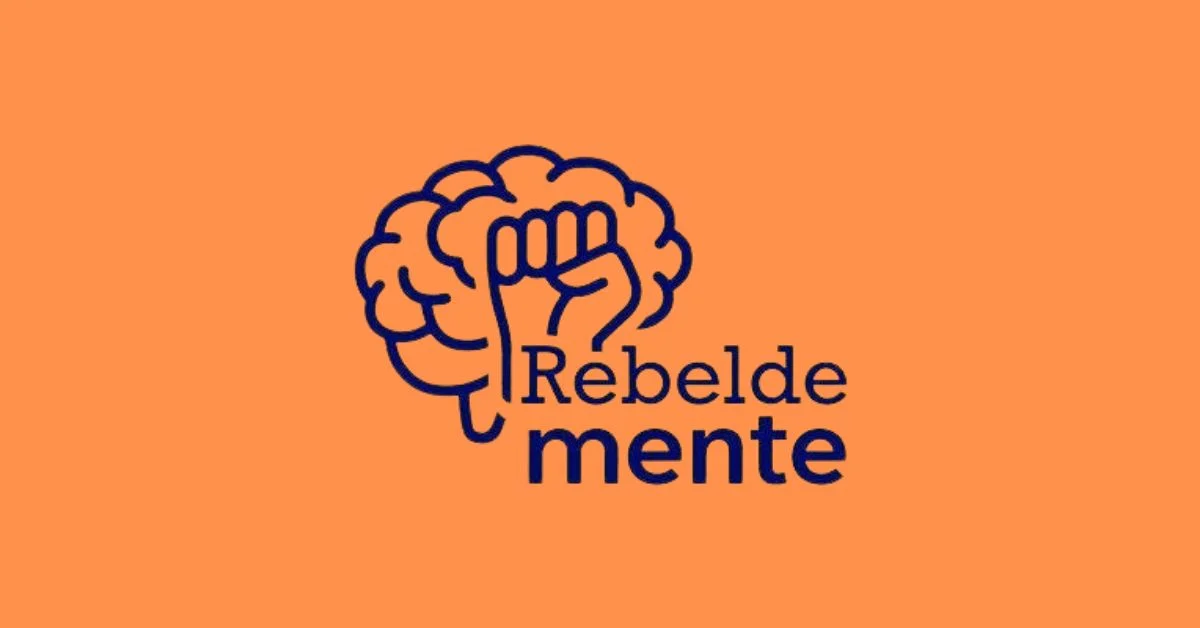You work hard to write content that you believe will help your business, yet it only takes a few
minor mistakes to ruin all your hard work. Your work might be rendered useless by these errors,
doing nothing to further your company’s interests and, in certain situations, even harm it. We
have compiled a list of 8 errors to avoid while organizing and creating content for your business
since we don’t want it to happen to you. This list might guide writing your following content for
SEO site audit services. To ensure your article is free of the mistakes that trip up so many
authors, run it through the list one last time after you believe you’re done. Let’s start now!
Write only after having an understanding of your client.
- In terms of content development, it is the initial thing that is there in mind, as you can fail instantly if you are skipping this phase
- So, how do you know whom you are writing for, how it matters to them, and the way you can aid them if you do not recognize your audience
- You can go through the entire list as a final moment making sure you have no errors that often authors make while forming articles.
Avoid writing without a purpose in mind.
- With every type of content, what are you looking to achieve? Are you trying to educate, humor, convince, or all of the above?
- Make sure your first purpose is determined and precise, whatever it may be. Ask the department you’re writing for what they expect the content will accomplish if you’re writing at their request.
- Without clarity on this crucial phase, you risk losing focus and producing an article that exceeds your expectations.
- The chance that readers will desire to read more from your organization decreases if they find your article confusing, pointless, or uninteresting.
Always include Call to Action.
- The other aspect here is after you are publishing the content to meet your audience, it is essential to have the call to action.
- With the support of the knowledge they have obtained from reading your content, your CTA should encourage your reader to go to the next stage of the journey that led them to it.
- Although your CTA doesn’t necessarily have to be about promoting your business, this is the perfect opportunity to do so.
- Your audience might not know what they should or could do next if you don’t include a CTA so that they may go elsewhere for the information.
Make sure to avoid content creation that is not benefiting the reader or resolving the issue for them.
- There are benefits included with the content for the audience in a few manners being one of the main goals for content marketing as it can help increase trust and brand authority.
- Even if the primary goal of a type of article is to entertain the reader, you still need to ensure that they learn something from it.
- As you create and review your work, it’s a good idea to continually ask yourself, “So what?”
- This way, you are continuously elaborating on the significance of your text. Consequently, there is no chance that the reader will put the work down without realizing what they were supposed to take away from it.
Never create a sales pitch.
- Have in mind your goal to help make the valuable audience.
- Your article shouldn’t turn into a sales pitch for your goods; otherwise, readers will think they were duped into reading it and will lose faith in your company.
- You might even discuss competitors’ products and services in addition to your own when giving examples if your article is about the advantages of utilizing your particular product or service.
Don’t leave the reader in a hopeless position.
- What happens after you’ve created interesting content, offered a CTA, and described the connection to your organization?
- It might include downloaded articles, links to your product sites, or any related information you’ve generated. It could potentially contain connections to other websites.
- Whichever method you use, pointing readers toward further educational resources is a fantastic approach to inspire enthusiasm.
Remember to spread the word about your content on social media platforms.
- Even if you write the most brilliant blog for your website, it won’t mean anything if no one reads it.
- Using social media posts to promote the content is the most efficient strategy to get people to read it.
- By adding hashtags, you’ll be able to inform your current and potential new followers about the post. In addition to having a far wider reach than possible by simply publishing it on your website, your content may be shared and attract more attention through comments and likes.
Don’t forget to alert the individuals on your email list
- People willingly provide your email addresses, so you may add them to your mailing list and contact them with pertinent business information.
- Many businesses mistakenly believe this refers to emails about special offers or new items. Still, by failing to inform your email lists about fresh blogs, you’re losing out on a group of people you already know who are interested in what you have to say.
- As a result, be able to share your email list a brief letter pointing them to your article and reiterating your commitment to their loyalty.
Conclusion
These are the 8 errors you should never make when writing content. You may avoid making the errors that annoy so many authors by reading this guide and using it frequently while you compose your content for SEO site audit services.



